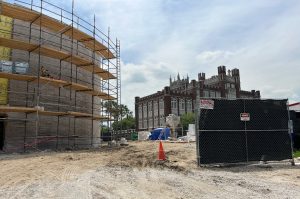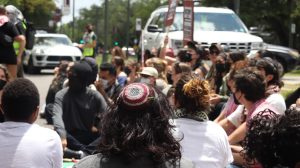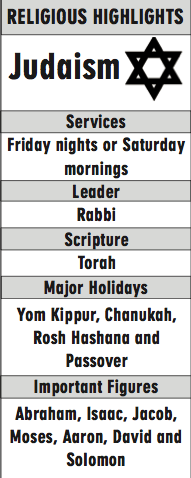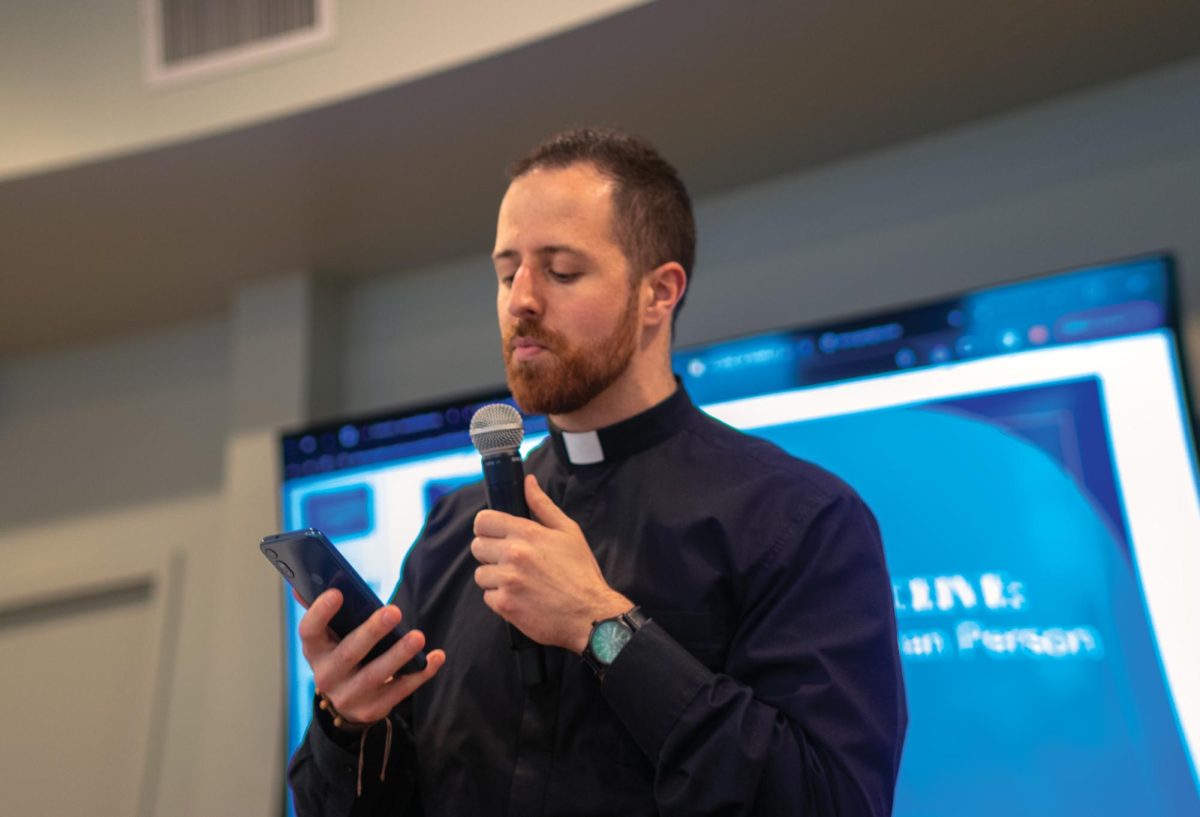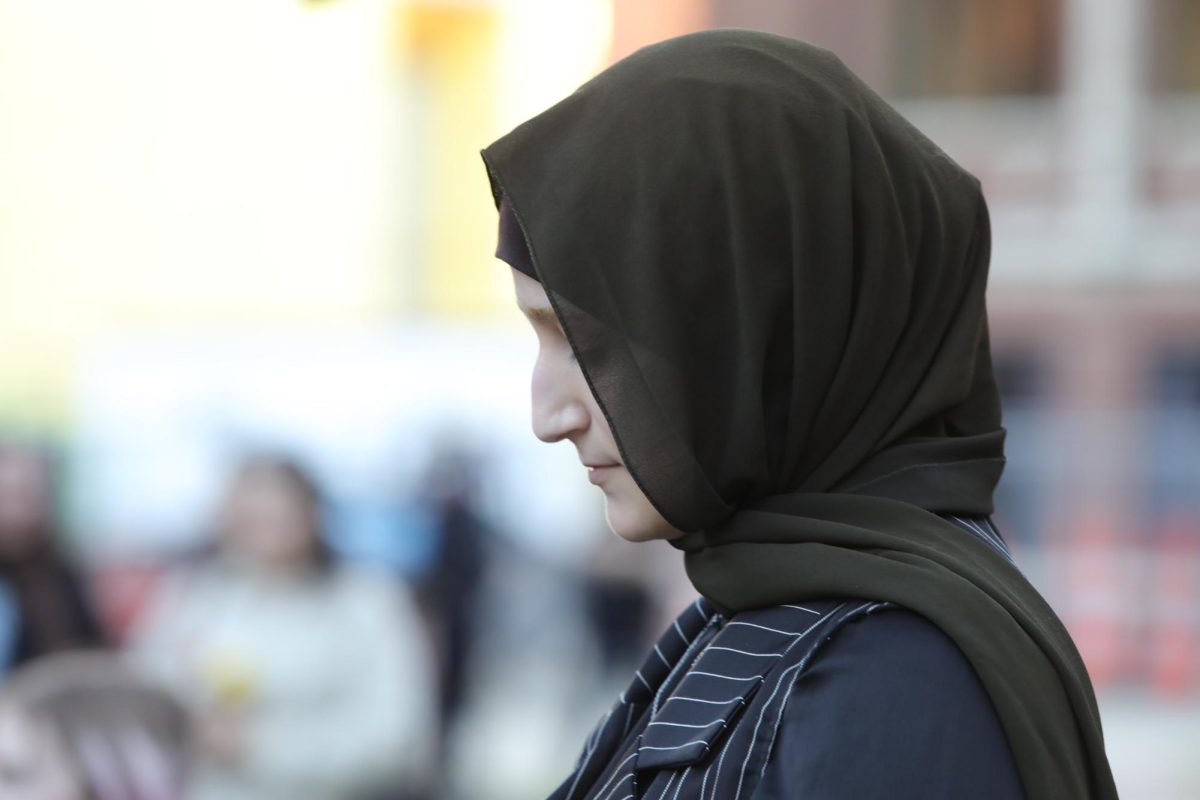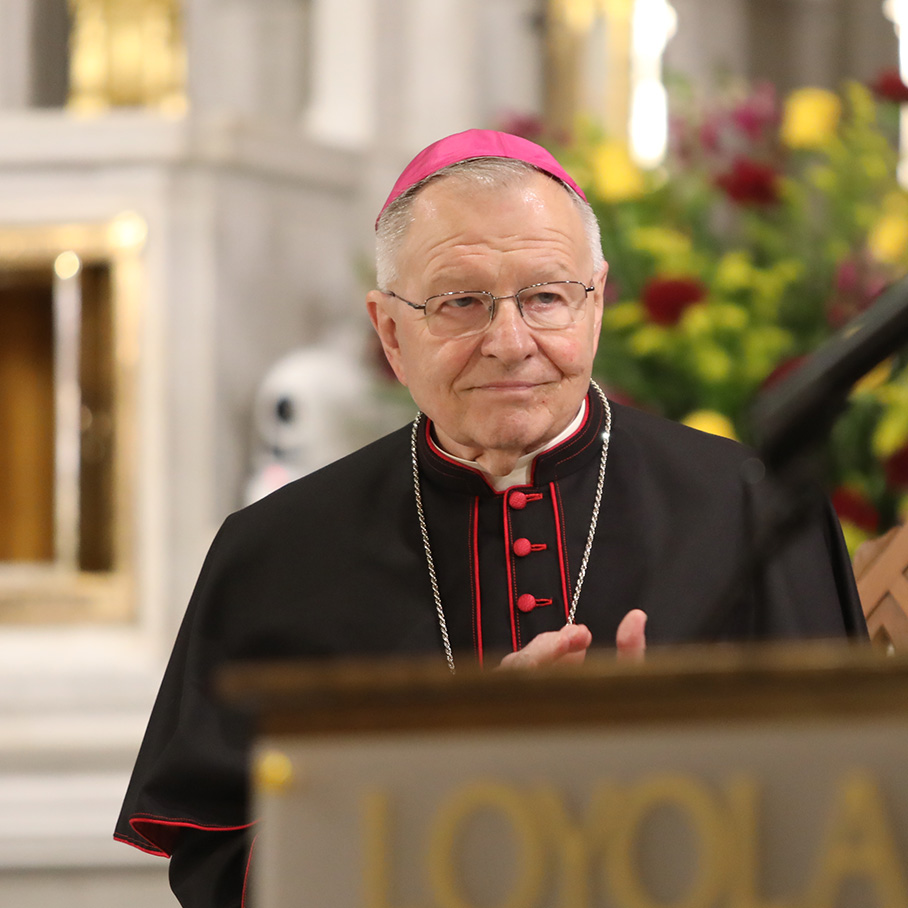The Jewish student association has been dormant on campus, but an active one may be coming soon.
In the meantime, local synagogues welcome the general public to attend worship services to learn more about Judaism.
Jewish temples are not strictly for Jews. The local temples do not seek converts, but they welcome them and any person who wants to learn more about Judaism. If the general public would like to learn more about Judaism, temple leaders suggest attending a worship service. Temple Sinai, which is right next door to Loyola, offers different interfaith outreach programs.
Temple Sinai has a free interfaith outreach program called Introduction to Judaism Fundamentals of Belief and Practice. The program is open to anyone interested in learning more about Judaism and is designed as a series of seminars taught by Rabbi Edward Paul Cohn.
The seminar focuses on important concepts of Jewish history and belief, as well as how to participate in worship and ritual life from a distinctly liberal Jewish perspective, according to Temple Sinai’s website.
“Temple Sinai, we rejoice to affirm that our house is a house of prayer for all peoples and all who come through our doors in the spirit of brotherhood and sisterhood are always welcome with very great love,” Cohn said.
In addition to Temple Sinai, there is Gates of Prayer, a synagogue located in Metairie. Gates of Prayer does not offer any interfaith programs but does offer free youth-group programs to members of the congregation.
Rabbi Robert Loewy, assistant religious studies professor, is the leader of the congregation at Gates of Prayer. Loewy teaches Judaism at Loyola and said there
are often non-Jewish people who attend a worship service at Gates of Prayer, either for class assignments or other reasons.
“One reason a person would attend a worship service is for the aesthetic experience to see how others worship God,” Loewy said.
In regards to whether or not there were more ways to learn about Judaism, Loewy recommended students attend a worship service. “If you want to learn about the core beliefs of any faith community, listen to the words that they pray as well as the messages that come from the clergy. By doing so, you break down walls of misconception and misunderstanding,” Loewy said.
A Shabbat service usually starts with a morning or evening prayer. After the prayer, there is singing, followed by the reading of the Torah. Next the rabbi gives a sermon. Then the service is wrapped up with a conclusion. As for the future of a Jewish student association on campus, Maya Schacker, political science sophomore, said it has been
dormant since she’s been at Loyola.
Currently, Schacker is working with Roger White, associate professor of political science and David Gold, theater arts senior, to get the organization up and running.
“We hope to hold holiday events, such as candle lighting during Chanukah and a Seder during Passover. Our hope is to make Judaism accessible to anyone on campus,” Schacker said.
In the meantime, in addition to local synagogues and Temple Sinai’s Saturday class, Tulane has the Tulane Hillel center that is also open to Loyola students.
Tulane Hillel is a student organization on Tulane’s campus that has different interfaith programs and holds community events. The center is a resource for students to learn more about Jewish culture and helps connect students to different resources.
Nhi Tieu can be reached at [email protected]



